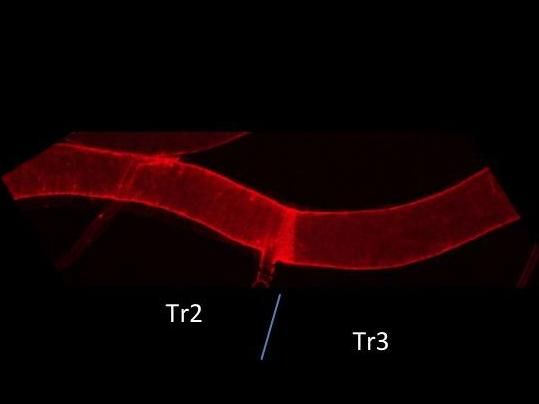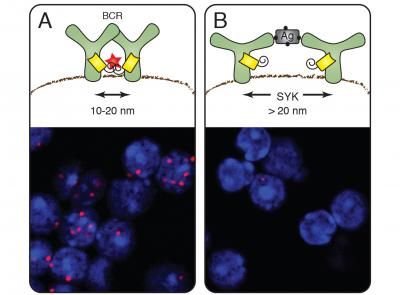In vivo proof of concept for Anticalins(r)
Freising, Germany. PIERIS Proteolab AG, a leading biopharmaceutical and protein engineering company, announced that one of its lead development candidates, Digical, completely neutralized lethal toxicity caused by an overdose of the cardiac steroid digoxin in a preclinical study. The dose of this Anticalin(r) was only approximately half the recommended dose of a marketed polyclonal antibody fragment product approved for the same purpose.
Recently, PIERIS has generated lipocalin muteins named Anticalins(r) against more than half a dozen protein targets with very high affinity and specificity. Now, the company has demonstrated therapeutic efficacy in a relevant preclinical model. This underlines the company's ability to generate development candidates from its proprietary Anticalin(r) technology platform. These Anticalins(r) are able to compete with antibodies.
"This reinforces our strong belief that Anticalins(r) themselves can serve as biopharmaceutical drugs," stated Martin Pöhlchen, PhD, Chief Executive Officer of PIERIS. "The antagonistic mode of action is relevant to many indications and is one of the corner stones for our internal product development strategy."
"Further to our high affinity Anticalins(r) against protein targets we have now developed Anticalins(r) against hapten targets, with an affinity as low as 100 picomolar," stated Prof Arne Skerra, co-founder of PIERIS.
Steffen Schlehuber, PhD, Chief Scientific Officer and co-founder of PIERIS commented, "The results of our in vivo studies emphasize the molecular benefits offered by Anticalins(r) in the complexation of small molecules. The combination of these data with the proven binding characteristics, safety data, stability and manufacturing advantages make Anticalins(r) promising active ingredients for many diverse applications."
Organizations
Other news from the department business & finance

Get the life science industry in your inbox
By submitting this form you agree that LUMITOS AG will send you the newsletter(s) selected above by email. Your data will not be passed on to third parties. Your data will be stored and processed in accordance with our data protection regulations. LUMITOS may contact you by email for the purpose of advertising or market and opinion surveys. You can revoke your consent at any time without giving reasons to LUMITOS AG, Ernst-Augustin-Str. 2, 12489 Berlin, Germany or by e-mail at revoke@lumitos.com with effect for the future. In addition, each email contains a link to unsubscribe from the corresponding newsletter.
Most read news
More news from our other portals
See the theme worlds for related content
Topic world Antibodies
Antibodies are specialized molecules of our immune system that can specifically recognize and neutralize pathogens or foreign substances. Antibody research in biotech and pharma has recognized this natural defense potential and is working intensively to make it therapeutically useful. From monoclonal antibodies used against cancer or autoimmune diseases to antibody-drug conjugates that specifically transport drugs to disease cells - the possibilities are enormous

Topic world Antibodies
Antibodies are specialized molecules of our immune system that can specifically recognize and neutralize pathogens or foreign substances. Antibody research in biotech and pharma has recognized this natural defense potential and is working intensively to make it therapeutically useful. From monoclonal antibodies used against cancer or autoimmune diseases to antibody-drug conjugates that specifically transport drugs to disease cells - the possibilities are enormous
Last viewed contents
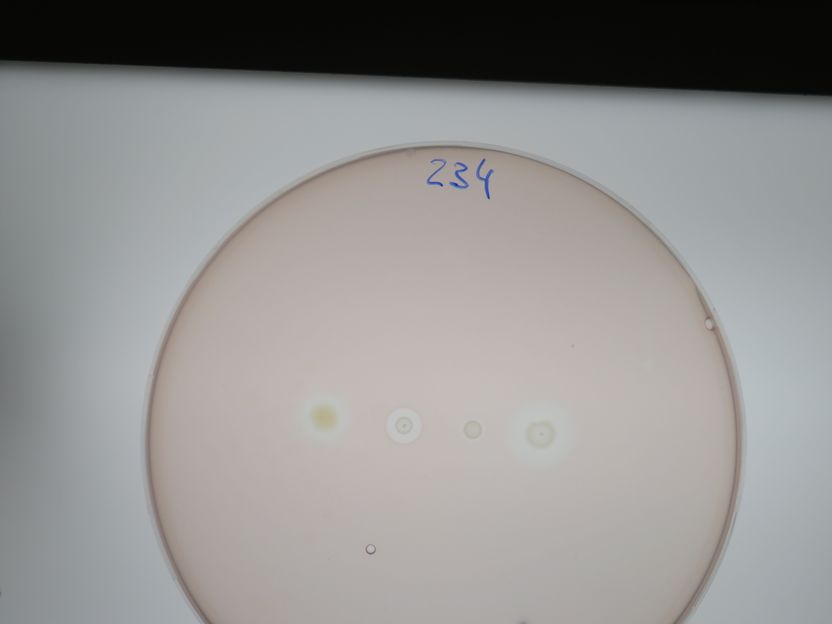
A novel antibiotic from weeds
Towards a new moth perfume
Discovery of 100 million-year-old regions of DNA shows short cut to crop science advances
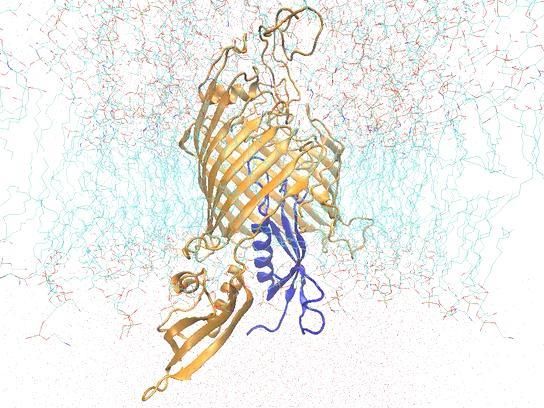
Click... Resistant bacteria caught in the act! - Scientists have succeeded in capturing unique images of protein soldiers that help bacteria resist drugs
Hesperion announces the opening of its Russian Moscow Office

Takara Bio and Eppendorf cooperate - Automation of Takara Bio’s Chemistries on Eppendorf’s Automated Pipetting Systems for Significantly Higher Efficiency
New genetic links to MS also play roles in other autoimmune diseases
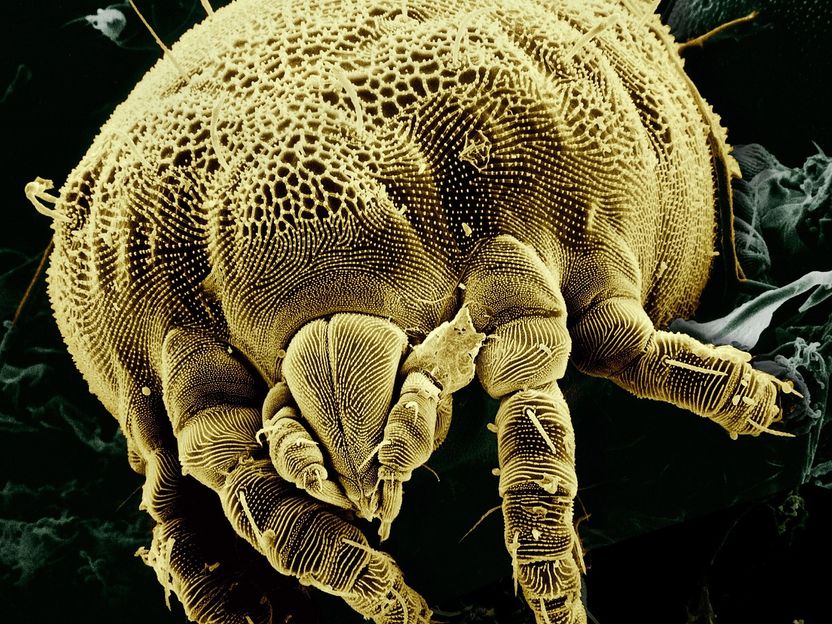
Dust mite allergens trigger inflammatory responses - Dust mite allergens activate the pulmonary immune system, thereby triggering allergies
